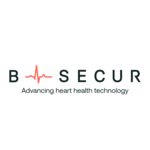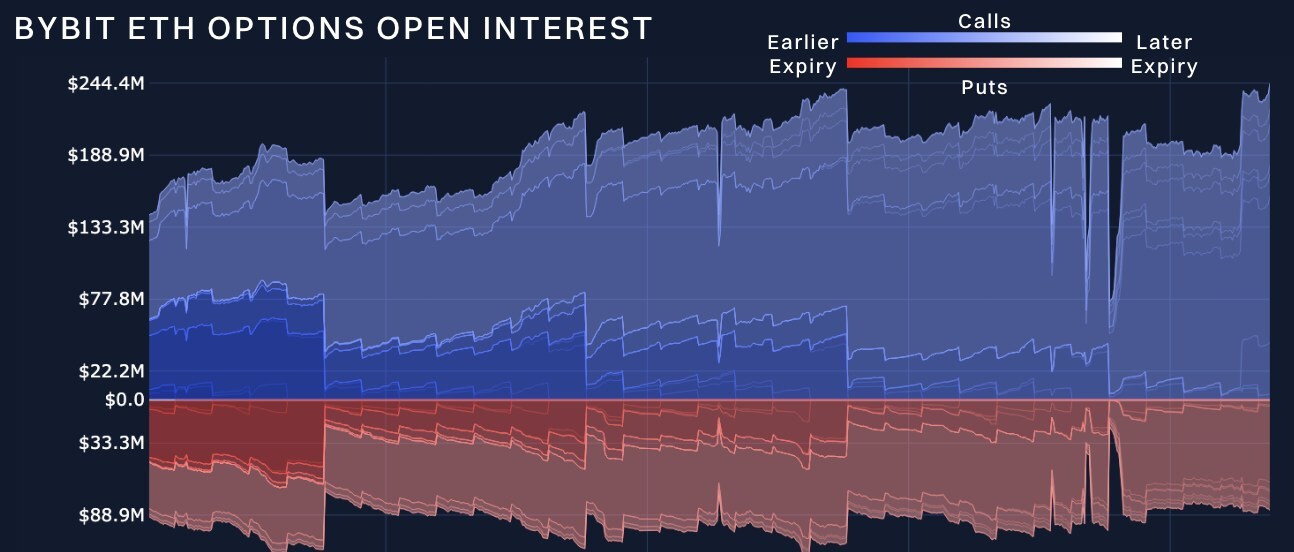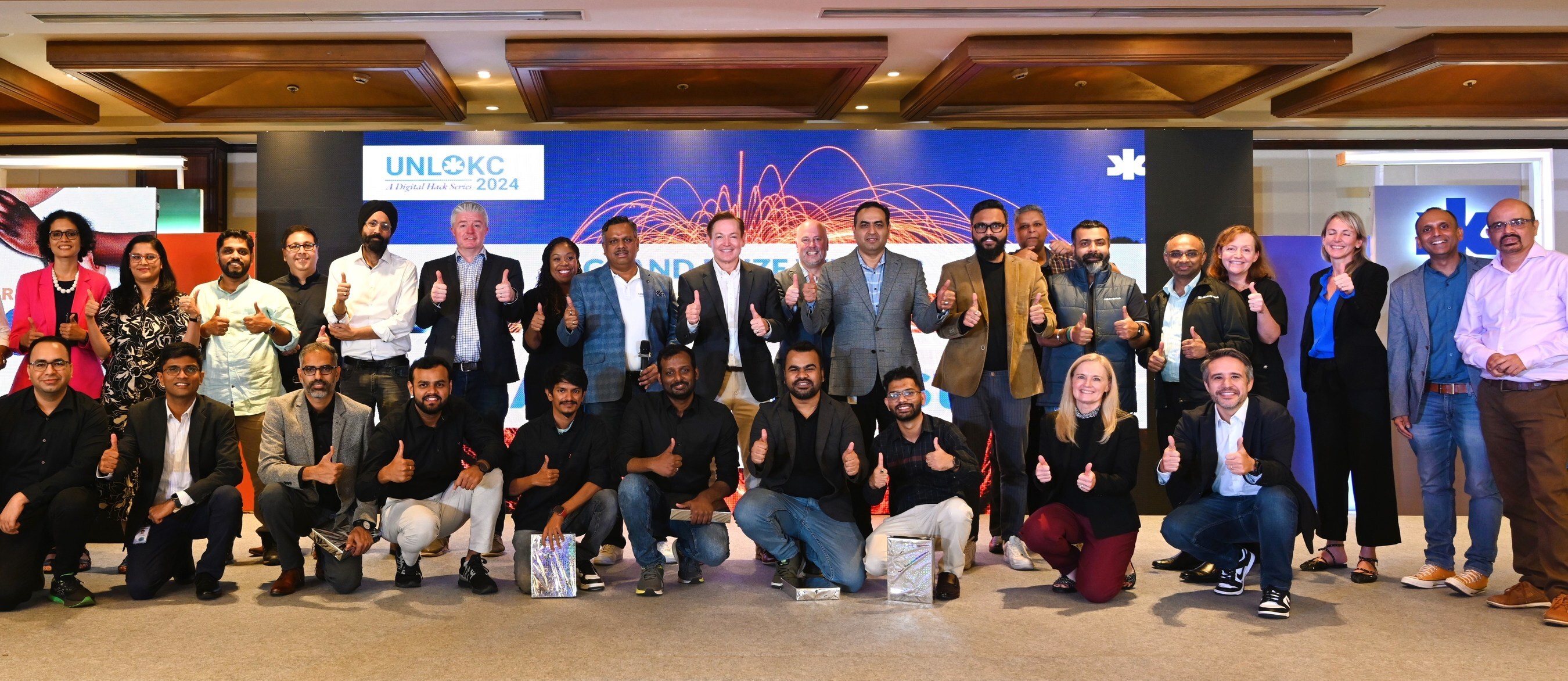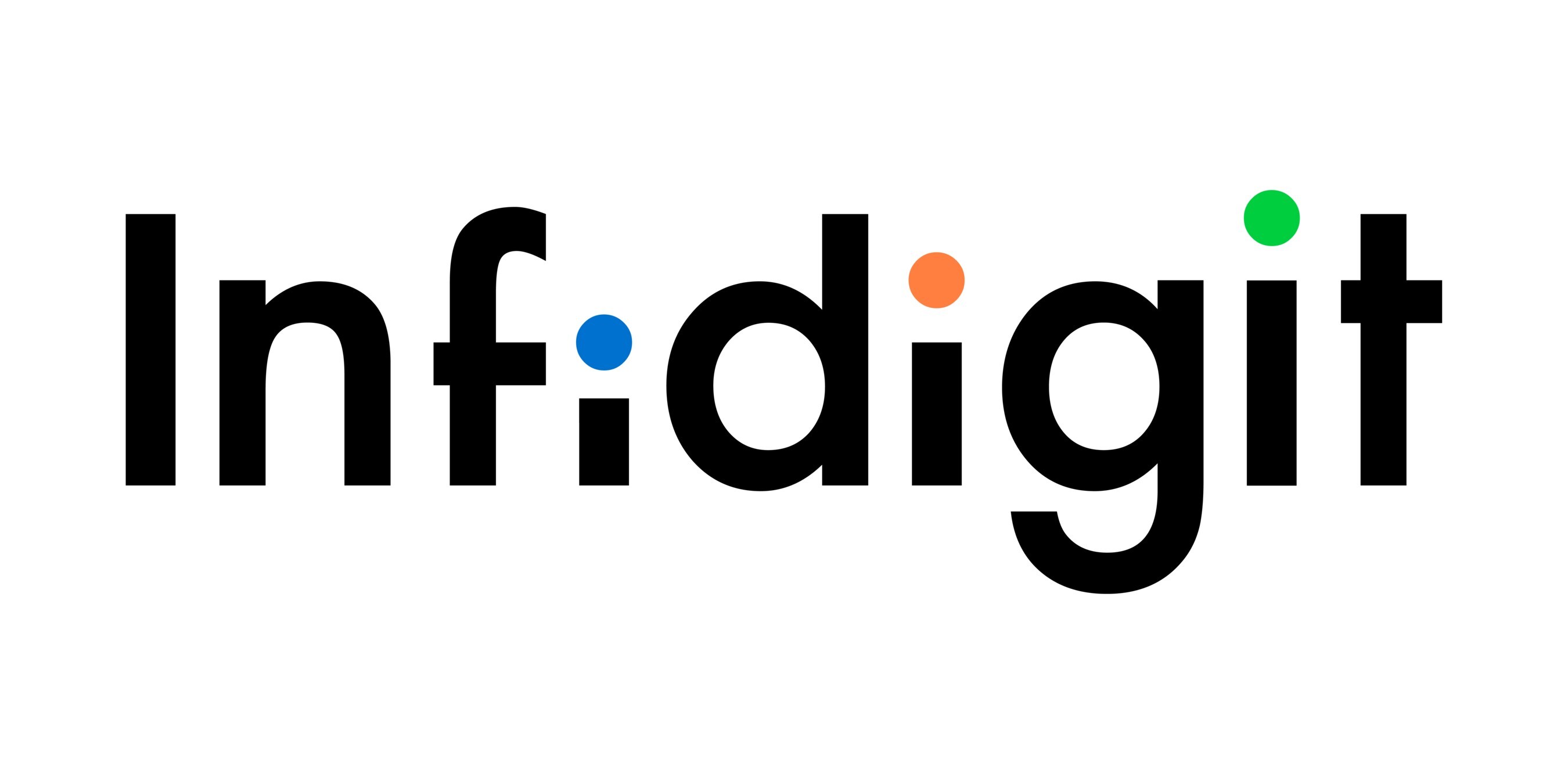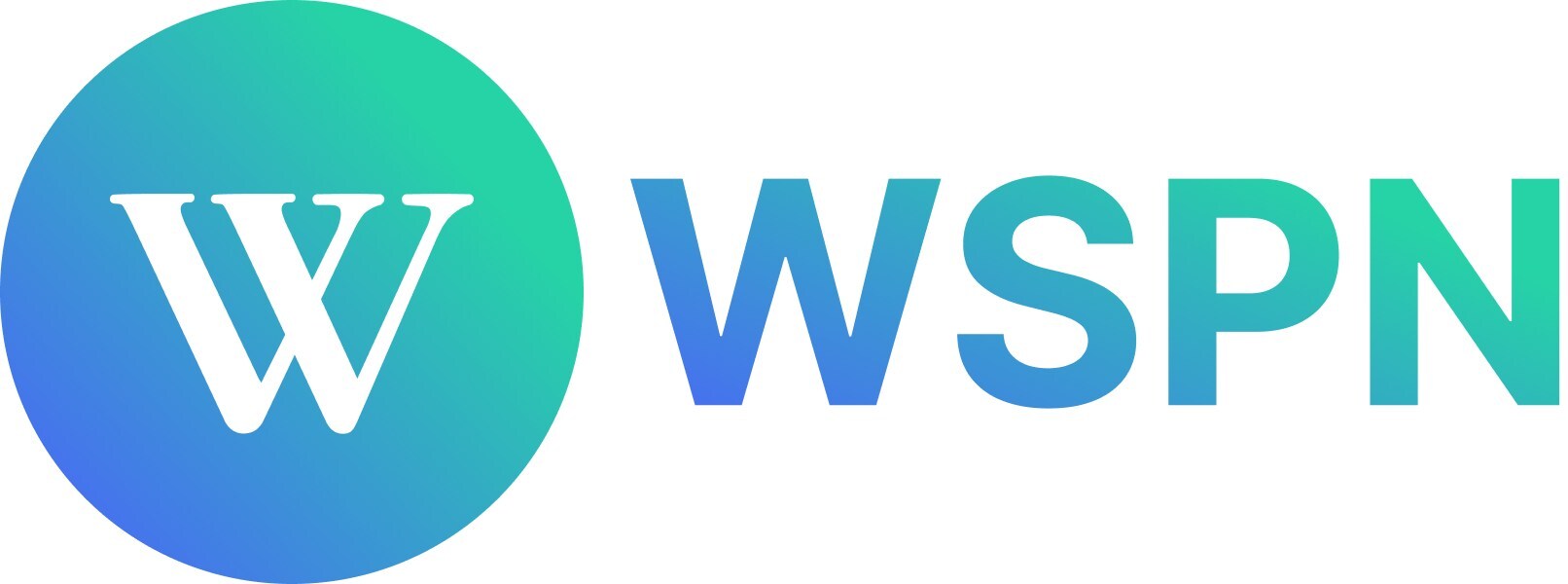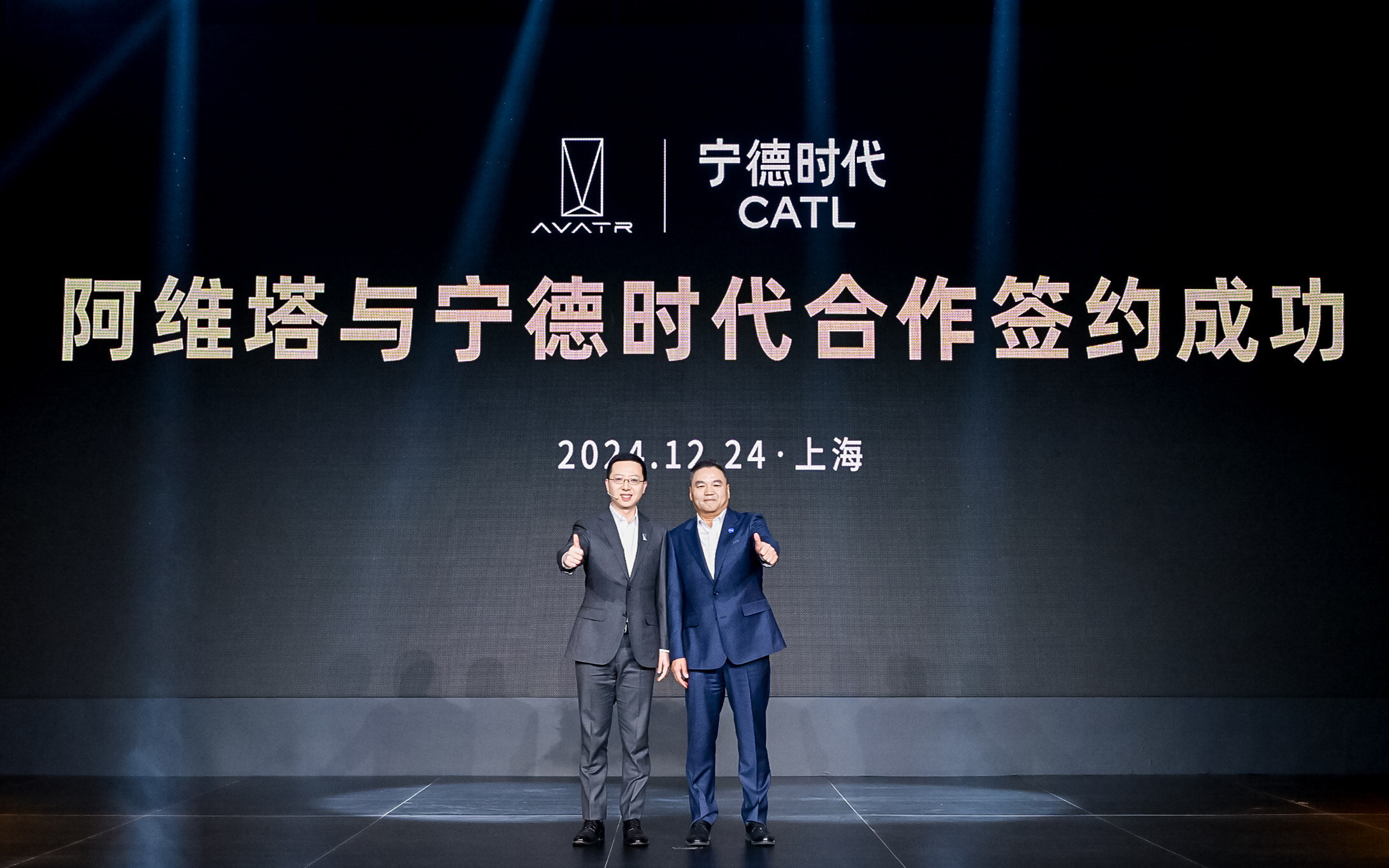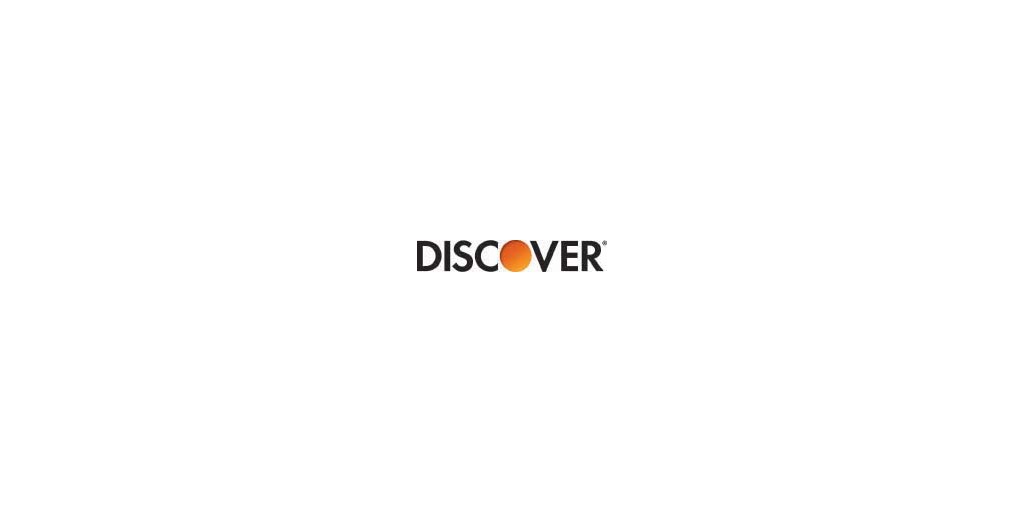With more than 80% of cardiovascular disease deaths deemed preventable, proactive heart health monitoring continues to show promise to help manage care.
Market Report Highlights Opportunity for Consumer Wearables to Enhance Accuracy and Build Trust with Providers
Corinna Keenan
Corinna.Keenan@b-secur.com
B-Secur, a leader in advanced biosensing technology, has released new research highlighting the gap between consumer adoption and provider trust in wearable health and wellness technologies, such as smartwatches, smart rings and personal fitness devices.
B-Secur commissioned healthcare consultancy Sage Growth Partners to conduct independent research that surveyed primary care providers, cardiologists and consumers throughout the U.S. The findings are available in a newly released report, The State of Heart Health Technology.
“Our evidence shows that consumers are more proactively managing their heart health thanks to increasing accessibility of wearable technologies and want to share this information with their healthcare teams,” said Alan Foreman, CEO and Co-Founder of B-Secur. “However, while this presents a significant opportunity to improve care, the volume of data generated and consumer willingness to share it have also created a challenge, as many providers express concerns about the clinical accuracy of the data from these devices.”
Key findings:
- 95% of consumers using wearable devices say they would share the device’s data with a medical professional to monitor their heart health.
- 77% of consumers who use wearable devices for health tracking activities prioritize checking their heart health ahead of other activities like sleep, blood pressure and respiration monitoring
- Over half of providers surveyed report challenges in accurately diagnosing and treating patients with cardiac events due to difficult-to-read ECGs captured by traditional ambulatory devices such as mobile telemetry or Holter monitors.
- Only 9% of providers surveyed indicated they were “very satisfied” with consumer wearable devices to monitor the cardiac health of their patients.
The report underscores the convergence of consumer-driven health devices with the medical ecosystem, as technological advancements shift the relationship between patients and providers. It offers insights into how healthcare delivery is evolving in response to these trends.
“There’s a growing recognition among providers that today’s patients are educated ‘medical consumers’, motivated to share data to support their health goals,” said Dan D’Orazio, CEO, Sage Growth Partners. “Technology has always had the power to change the way care is delivered, but for too long the healthcare ecosystem has wrestled with the dilemma of how to get patients to be truly engaged in their own outcomes. Now we are seeing that inflection point.”
To download a copy of the full research report, visit https://www.b-secur.com/market-report-the-state-of-heart-health-technology.
B-Secur is backed by U.S. hospital and healthcare organization, Orlando Health.
View source version on businesswire.com: https://www.businesswire.com/news/home/20241030513079/en/

